If you hear a hissing sound, smell gas, or your boiler won't turn on, it’s time to call a Gas Safe engineer. These are the people legally authorised to work on gas appliances, pipes, and installations in the UK. Without their certification, any repair could be illegal and dangerous.
First, always ask to see the engineer’s Gas Safe ID card. The card shows their unique licence number, the type of work they’re allowed to do, and the expiry date. You can double‑check the number on the official Gas Safe Register website. If the engineer can’t produce the card, walk away – it’s not worth the risk.
Second, look for a local business that advertises fast, reliable service. Bognor Regis Appliance Repair Experts, for example, employ fully certified Gas Safe engineers who specialise in boilers, cookers, and hot water systems. Choosing a nearby team means quicker response times and lower travel costs.
Most homeowners only need a Gas Safe engineer for three main issues: a leaking boiler, a faulty cooker, or a broken central heating system. Leaks can cause carbon monoxide build‑up, which is deadly if left untreated. A cooker that won’t ignite may be due to a faulty igniter or blocked gas valve – both need a professional’s tools and knowledge.
Another frequent trouble spot is the gas meter. If you notice a sudden jump in your bill, it could be a leak or a failing meter. A Gas Safe engineer can perform a pressure test, locate the leak, and repair it safely.
Regular maintenance can stop many of these problems before they start. A yearly service checks the flame colour, inspects the heat exchanger, and cleans out any dust that could affect performance. It also gives the engineer a chance to spot early wear and replace parts before they fail.
When you call a Gas Safe engineer, be ready to give them these details: the make and model of the appliance, when the problem started, and any odd smells or sounds you noticed. Clear information helps them diagnose faster and bring the right parts.
In an emergency, turn off the gas supply at the main valve – usually located near your gas meter – and open windows to vent the area. Then call a certified engineer right away. Do not try to fix the problem yourself; fiddling with gas lines without proper training can cause an explosion.
Choosing a reputable service like Bognor Regis Appliance Repair Experts means you get a Gas Safe engineer who respects safety, follows industry standards, and offers transparent pricing. They’ll explain what needs to be done, how long it will take, and give you a clear quote before any work begins.
Bottom line: never compromise on gas safety. A properly certified engineer protects your family, your home, and your wallet by fixing issues the right way the first time. Keep their contact details handy, schedule regular checks, and you’ll enjoy peace of mind knowing your gas appliances are in good hands.
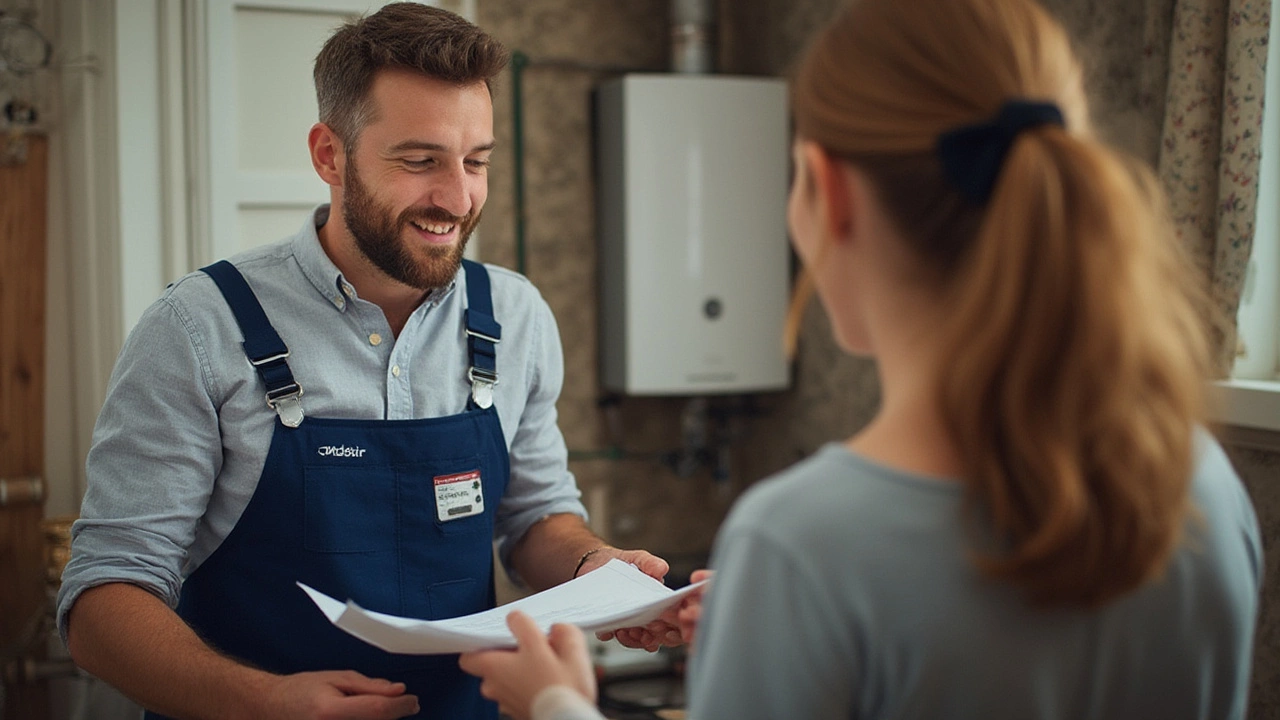
Looking for the right person to service your boiler? Here’s what you need to know about boiler service, finding qualified engineers, costs, and why it matters in 2025.
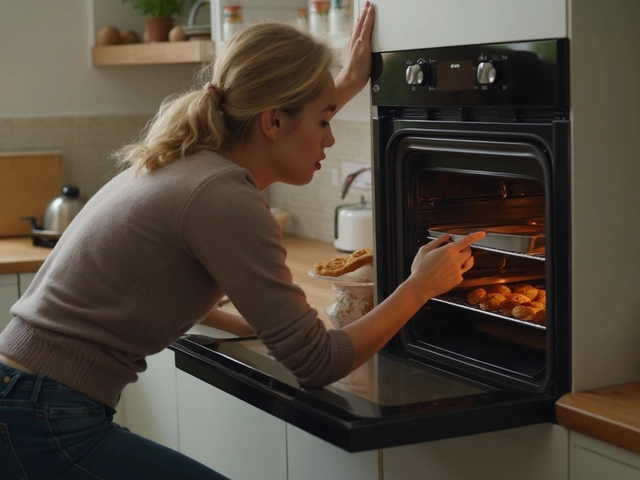
Struggling with an electric oven that isn't doing its job? This article guides you through common problems you might face with your electric oven, from strange noises to uneven cooking. You'll learn specific symptoms to watch for and practical ways to check what's wrong before calling a professional. Discover tips to keep your oven running smoothly and avoid kitchen headaches. No complicated jargon—just real advice that actually works.
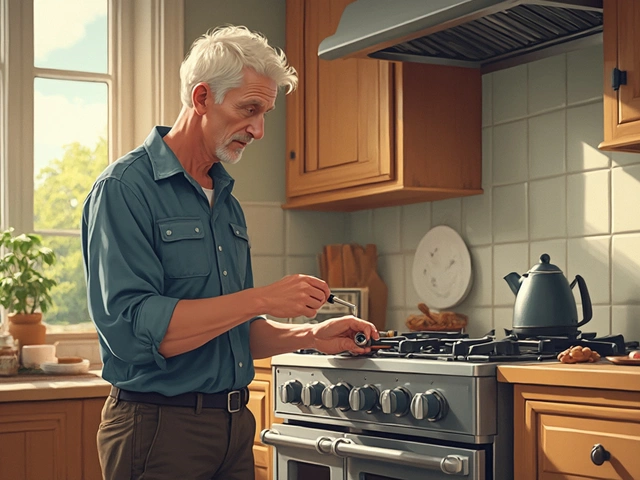
Wondering if you can fix a faulty gas hob? This article explains what repairs are possible, which issues you can tackle yourself, and when to call in a pro. Get down-to-earth tips on spotting common problems, safety advice, and how regular care can extend your hob’s life. We cover everything from spark ignition troubles to stubborn burners that won’t light. Know what you’re dealing with and avoid expensive mistakes.
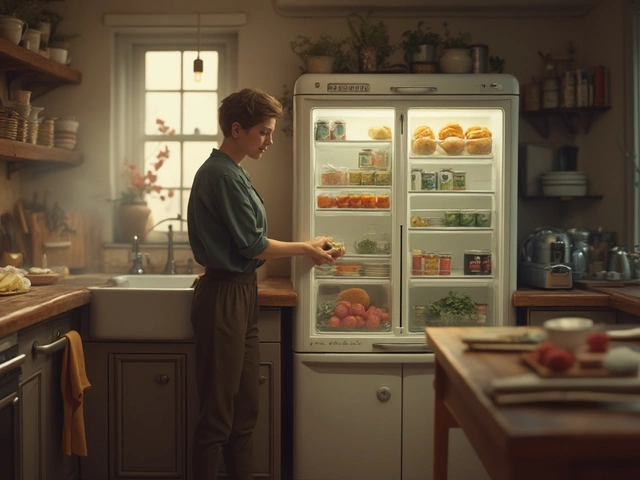
When your fridge stops cooling, it can be a real worry, especially with all that food at risk. Before you call the repairman, there are a few steps you can try yourself to bring your refrigerator back to life. From checking the thermostat settings to cleaning coils and examining door seals, you might find that a simple DIY fix does wonders. Understanding how these appliances work can also help prevent future hassles. This guide will walk you through the essential tips and tricks to get your fridge cooling again.

Cracked or damaged glass hobs make you panic, but not every problem spells doom for your stove. This article breaks down what issues can actually be fixed and when it's smarter to replace the glass. You’ll get real-life tips, possible repair options, and clear warnings for common mistakes. Safety comes first, but you’ll also find out when you can handle things yourself—or absolutely need a pro. Practical info, simple steps—you’ll get the full story on glass hob repair.
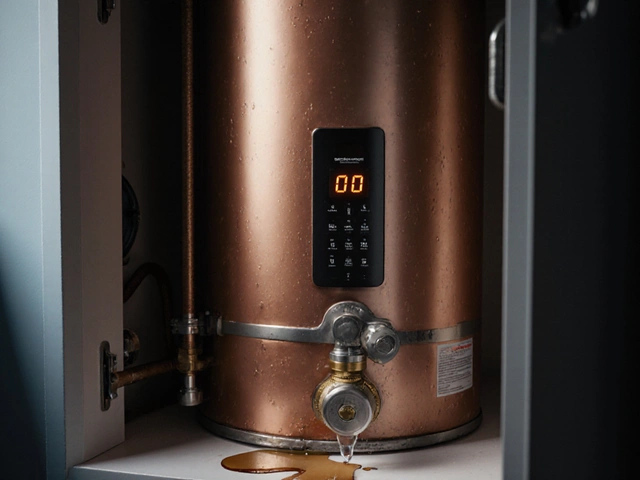
Spot the top warning signs of a failing hot water heater, from strange noises and leaks to temperature swings and error codes, plus practical fixes and when to call a pro.